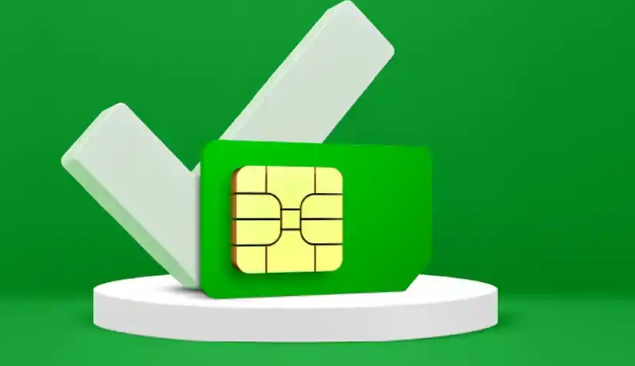Safaricom has launched Daima, a service that will let users maintain the functionality of inactive lines even when they haven’t been used for a while. Through this service, customers pay a nominal price to keep their numbers active even after the 90-day inactivity period has passed or to go outside of the nation (Kenya).
SIM card customers will need to pay KSh. 200 for the new service for six months, KSh. 500 for a year, and KSh. 1000 if they wish to keep their line active for two years without topping it off or activating it.
You can reach the ground-breaking service by dialling *100*4# and selecting “Daima.” Each choice will offer 20 minutes of talking time and 20 SMS every month across all networks.
Customers who frequently go overseas or whose lines are unavailable for extended periods for other reasons can address their worries with Daima in a timely manner. Thus, customers can maintain multiple lines for different services.
Read also: Safaricom pioneers fixed 5g wireless network in Africa
Service providers are permitted by law to renew client lines that have been idle for 90 days straight
Safaricom PLC CEO Peter Ndegwa stated, “We are yet again innovating around our customers’ needs by introducing solutions such as Daima that are modeled around the lifestyles of our customers. The Daima service empowers customers such as those working abroad, those in learning institutions, those going away for extended periods, or those with multiple lines to keep their lines active and remain affordably connected for an extended period of between 6 and 24 months without the need to top up frequently.”
How Safaricom is Staying Ahead
Furthermore, it should be emphasized that this development occurs at a time when telecoms are actively attempting to keep their clients by encouraging them to validate their SIM information. Although the deadline (October 15, 2022) has passed, the Communications Authority of Kenya, the ICT regulator, has once more “extended” the deadline by a further sixty days. Telcos and unregistered clients should have enough time to complete the SIM registration process as a result of this.
In terms of registration compliance, as of now, Safaricom is in the lead with 91 per cent, followed by Airtel with 48%. 60% of Telkom Kenya’s customers are unregistered.
Safaricom’s Similar Progress in Ethiopia
According to Safaricom, it has since carried out the same action in the Ethiopian market. Every customer who buys a SIM card in Ethiopia is completely registered, including having their biometric data taken.
The CEO of Safaricom, Peter Ndegwa, made the announcements today after meeting one-on-one with members of the press and social media influencers. The telco has a ton of items in the works, according to the CEO, and we expect to learn more about them in the upcoming months. Some of them go beyond just making M-PESA payments for offering additional services.
Given the numerous complaints that the telco charges a little bit too much for amounts under KES 1000, there is also a likelihood that it will examine its M-PESA pricing.
After the CBK issues a license, its investment platform Mali will also become operational at some point in the future.
Safaricom Provides 5-G Wi-Fi
In addition to its expanding fiber network, Safaricom has announced the availability of 5G Wi-Fi to give its customers access to lightning-fast internet at home and work.
In March of last year, the telecom became the first service provider in Kenya to launch 5G trials, and as a result, customers in 5G-ready locations can now take advantage of quick and dependable internet connectivity for their homes and businesses.
Customers in 5G-ready areas can purchase a 5G router for KES 25,000 plus a KES 5,000 setup fee and choose one of three available packages to access 5G Wi-Fi. Customers will also have the choice to sign a 36-month contract in order to get the router for no cost.
After reaching their allotted usage limit, subscribers will still be able to access the internet, according to Safaricom, albeit at throttled rates. Customers will be able to access the 5G network and benefit from ultrafast 5G speeds using supported 5G handsets. Smartphones from the Samsung Galaxy S and Fold series, as well as 5G models from Huawei and Oppo, are among those that are supported. Customers using iPhones and some Samsung devices that support 5G will need a manufacturer-issued software upgrade in order to access the 5G network.




